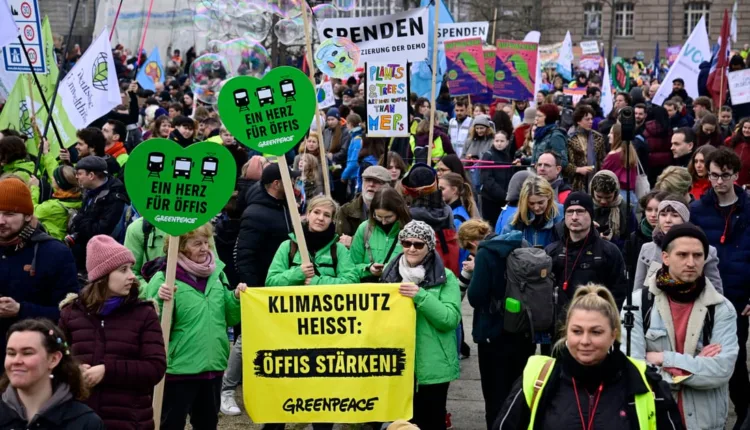
Boost Climate Action by Showing Real-Life Benefits – POLITICO
TL/DR –
A Climate Reality Barometer survey found that Generation Z, or “Generation COP,” is more concerned about inflation than climate change. In order to build a political mandate for climate action, advocates need to demonstrate the tangible benefits of decarbonizing buildings and cities, particularly to low-income, marginalized communities, and those primarily concerned with the cost of living. However, climate action is facing increasing backlash globally, with examples of reactionary responses seen in the Netherlands, Germany, France, and the United Kingdom.
Climate Concerns vs Economic Woes for Generation Z
Despite the growing climate crisis, Generation Z, termed as “Generation COP” as they were born post the first U.N. climate summit in 1995, seems to be more perturbed about inflation than climate change, as revealed by a Climate Reality Barometer survey across 39 economies.
Climate Action and Equity Issues
Data shows a shift in the climate community’s approach, focusing more on equity issues due to economic concerns like rising housing costs and stagnant wages. However, efforts to bridge the gap between climate action and socio-economic equity must increase.
Benefits of Decarbonization
The political mandate for climate action depends on demonstrating that decarbonizing buildings and cities improves the lives of individuals, particularly those from low income and marginalized communities. Making heating homes cheaper and improving job opportunities can help garner support for climate actions.
Reframing Climate Action
Climate advocates need to reposition climate benefits as secondary, focusing primarily on economic issues, the top concern for most people. This shift can accelerate climate action by helping people realize its tangible benefits amidst increasing backlash against climate policies worldwide.
Climate Action Backlash in Europe
A worrying resistance to climate action is emerging in Europe, evident in events such as the Netherlands farmers’ protests, the heating issues in Germany, the Yellow Vests in France, and the opposition to the 15-minute city and “Ultra-Low Emission Zones” in the UK.
—
Read More US Economic News
